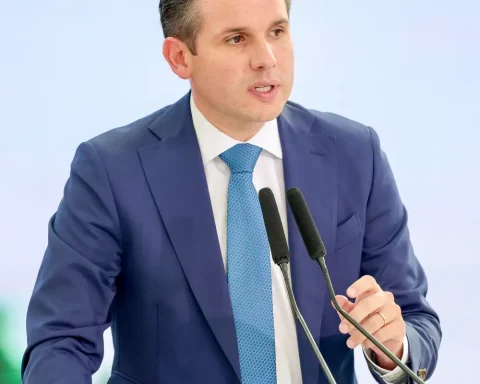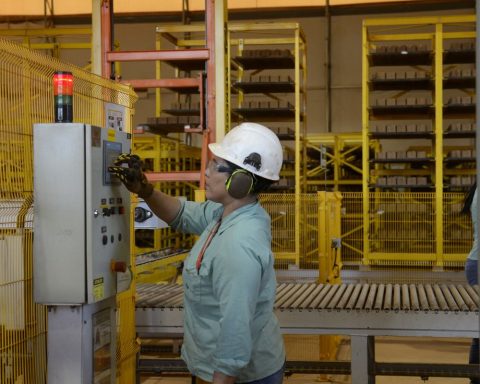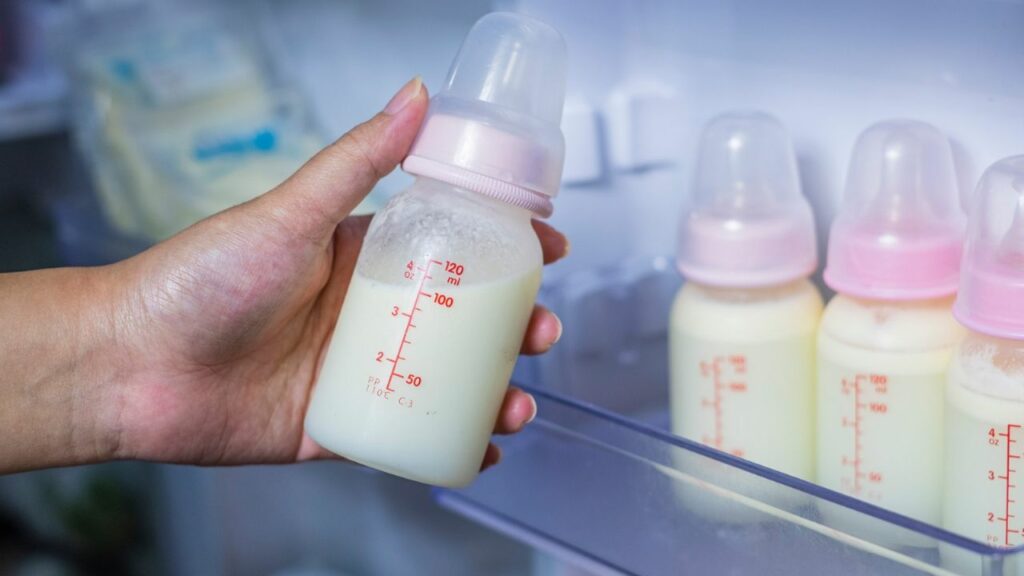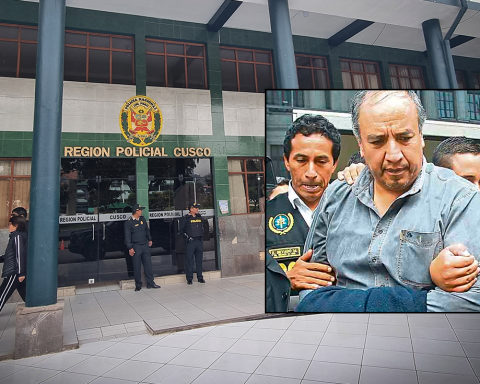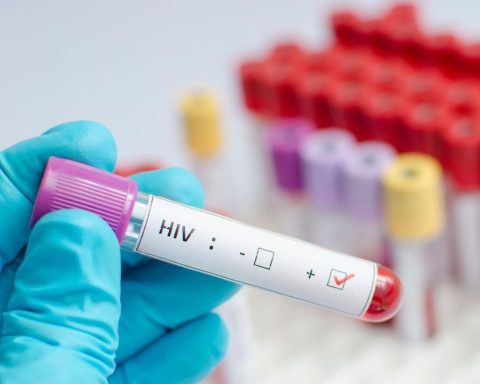The Brazilian Space Agency (AEB) has successfully completed the launch of the VSB-30 rocket from the Alcântara Space Center, in Maranhão, by Operation Santa Branca. The rocket carried on board the Suborbital Microgravity Platform Qualification Model (MQ-PSM), which will be used in scientific research. The next steps involve analyzing the results of the experiments. 
The objective of the operation, carried out on Sunday (30), is to train the country to offer companies and research institutes the possibility of experiments in microgravity.
“Brazil will now be able to autonomously provide experimental services in a microgravity environment, using the Alcântara Space Center (CEA), the VSB-30 and the PSM. We will also open a market for the Brazilian space industry, for entrepreneurs and for Science and Technology Institutions”, explained the president of AEB, Carlos Moura.
The first launch with the VSB-30 in Brazil took place in October 2004. The rocket was developed by the Institute of Aeronautics and Space in partnership with the German Aerospace Center. Until then, 33 rockets of the same type were launched, five of them in Brazil and 28 abroad.
The Suborbital Microgravity Platform (PSM) was developed through a partnership between the Brazilian Space Agency, the company Orbital Engenharia, the Financier of Studies and Projects (Finep) and the Institute of Aeronautics and Space (IAE). On this platform, a set of instruments for the evaluation of flight performance and the Forno Multiusers experiment, developed by the National Institute for Space Research (Inpe) were loaded.
listen on National Radio Agency:



